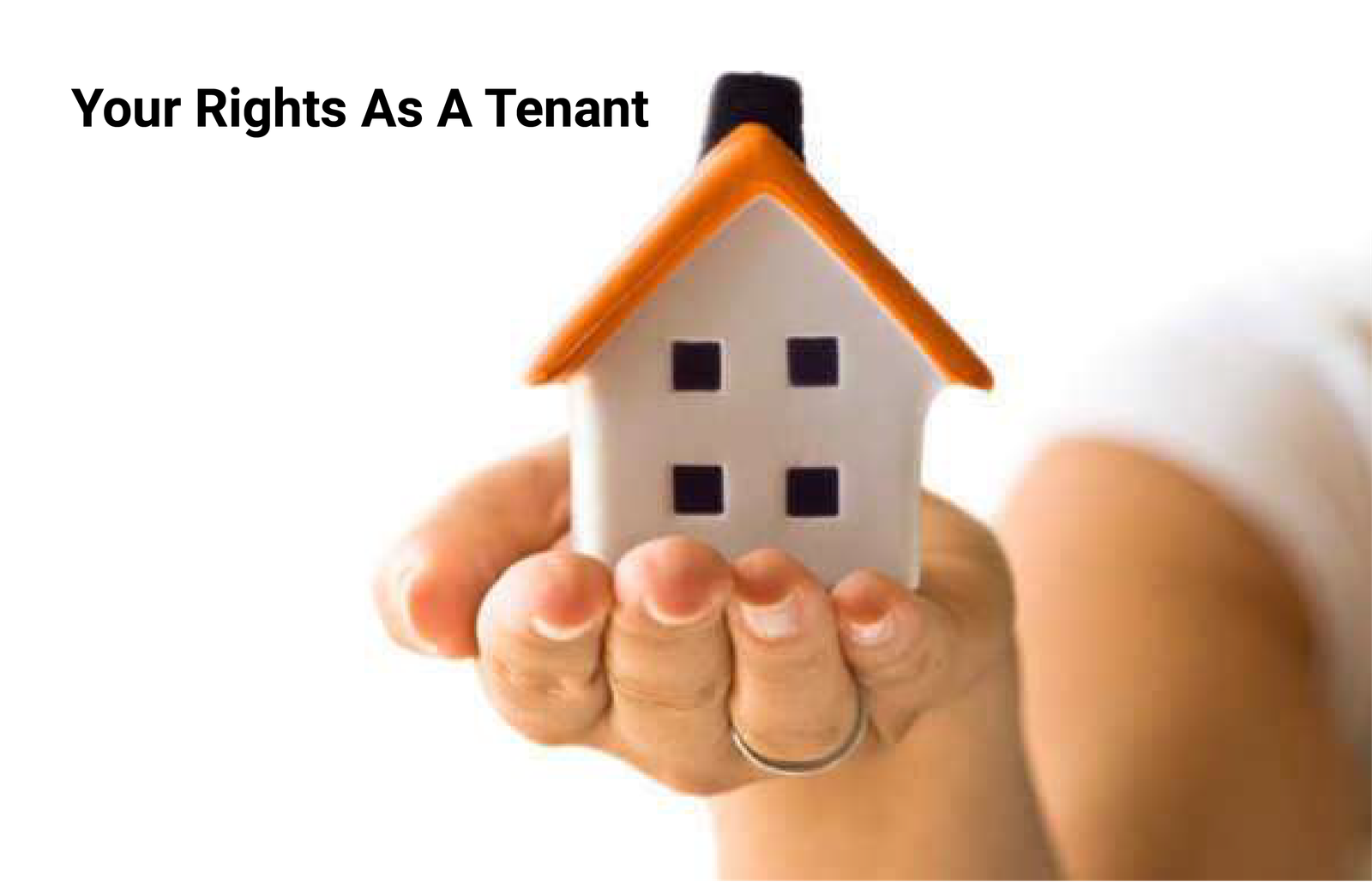As a Tenant, you’re certain by way of the phrases and obligations in your rent or apartment agreement. Here’s what you want to recognize about your rights as a tenant.Renters’ Rights are a sequence of federal, kingdom and nearby legal guidelines that are designed to forestall housing discrimination and lease gouging whilst making sure that tenants have a safe, smooth region to live. They additionally supply tenants with felony recourse if the landlord lets the property emerge as uninhabitable. Your obligations as a renter are some follows .You need to directly notify the landlord of any issues with the property, such as a water leak. You have to take lifelike steps to maintain the property easy and sanitary. You ought to pay the required lease till the stop of the lease.
One of the primary rights of a tenant is get entry to to vital offerings like electricity, water, sanitation, parking, etc. The landlord can’t reduce these off or deny these to the tenant even if the lease or different dues have now not been paid. These are the frequent rights you must be conscious of.Here you need to be conscious when you hire a area to live—whether it’s an apartment, house, or condo—the hire or condominium settlement that you signal consists of the phrases by way of which you are bound, A parcel helps defend each the renter and the landlord, however positive tenant rights are defended underneath civil, state, and authentic laws. While unique legal guidelines fluctuate by means of state, tenants typically have the following 5 fundamental rights.
1. Right to Freedom from Discrimination
According to the U.S. Department of Housing and Urban Development (HUD), “The Fair Housing Act protects human beings from discrimination when they are renting or shopping for a home, getting a mortgage, looking for housing assistance, or attractive in different housing-related activities.” Numerous prohibited movements represent discrimination when you rent. For example, a landlord or property supervisor can’t refuse to rent, set special phrases and conditions, restrict privileges, or evict a tenant primarily based on race, color, religion, sex, disability, familial status, or countrywide origin—these are the federally covered classes.
2. Right to a Habitable
All tenants have the proper to stay in a inhabitable domestic that meets structure, health, and protection canons. To meet the “ inferred bond of habitability, ” landlords must
- Ensure that the introductory structural rudiments of the shape are secure and complete.
- Maintain protected electrical, plumbing, heating, air exertion, expressing, aseptic, and elevator systems.
- Keep frequent areas, consisting of stairways and hallways, protected and clean.
- Give adequate warm water and reliable heating.
- Ensure that environmental hazards, comparable as asbestos and supereminent make-up dust, do n’t pose a peril ( and expose any lead- grounded make-up if the shape was once erected earlier than 1978).
- Take practical preventives in opposition to felonious intrusions, comparable as by way of putting in deadbolts.
- Abolish rodents and different pests, inclusive of cockroaches and bedbugs.
In addition, truly each and every kingdom has stipulations for putting in authorised financial institution sensors, whilst carbon monoxide sensors are additionally commanded in 27 countries. Meanwhile, tenants are normally obliged to preserve the demesne in a secure and smooth condition. While norms range by way of state, this demand usually capability that nothing in the tenant’s unit can put every other tenant in peril or beget infinite harm to the property.
3. Right to sequestration
Right to sequestration
Indeed although the landlord owns the property, they ca n’t pierce the domestic every time they like. That’s due to the fact tenants have the proper to sequestration, and the landlord can enter solely for precise reasons.However, they normally need to supply you strengthen notice, If your landlord have to enter the property to test on commodities or do a form. utmost international locations undergo landlords to supply at least 24 hours’ word earlier than entering, without in the case of extremities, when they can enter besides notice
4. Right to Advance Notice of Eviction
They have to provide you appropriate notice, normally in jotting, If your landlord plans to evict you. What constitutes “ suited ” varies, however it’s normally 30 or 60 days, relying on role and circumstances.However, still, it can be as brief as three to 5 days, If you have violated your repayment agreement. Without motive In some regions, landlords can use a note to vacate to stop a month- to- month Lease when the tenant has n’t carried out something wrong. Landlords typically ca n’t terminate a fixed- time period Lease until they’ve simply beget to do so still, you have a many alternatives If you admit an eviction notice.Move out with the aid of the date cited on the eviction be aware Make amends with the landlord — for illustration, seize up on neglected hire repayments or discover a new domestic for the dogs and proceed the parcel Do nothing and put together for a motion Still, your landlord will file an motion to evict you( this is commonly known as an illegal detainer action), If you do nothing and proceed to stay in the reimbursement. The courtroom will set a date and time for your hail or trial earlier than a judge. To win, your landlord should show you did a commodity that justifies ending the residency.
5. Right to a Disability Accommodation
Still, your landlord have to accommodate your requirements, inside reason, If you have a disability.( Landlords should also enable tenants to make realistic variants to their unit or frequent location at their very own expense, given that the adjustments do n’t make the house unworkable for the coming tenant.) Your landlord’s lodgment need to provide you an equal event to use and experience your unit or commonspace.For illustration, if a tenant makes use of a wheelchair, the landlord would possibly assign a commodious parking area shut to the tenant’s unit. The landlord doesn’t have to accommodate unreasonable requests.




